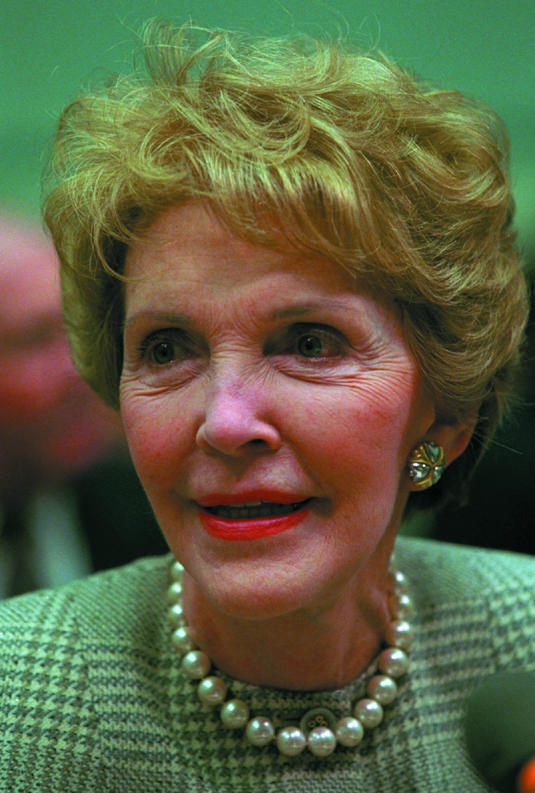When a celebrity develops a disease, public awareness of the disorder usually increases dramatically, a US seminar heard last week. But the campaigns that spring up in the wake of the publicity sometimes mislead the public about what can or should be done to prevent it.
The first celebrity to speak out was Betty Ford, wife of president Gerald Ford, who did a great deal to raise awareness of breast cancer in 1974, Dr Barron Lerner of Columbia University told the meeting. Detection rates rose immediately in a phenomenon that became known as the “Betty Ford blip.”
But her daughter now advocates that every woman should have mammography from the age of 35 onwards, a strategy not supported by most cancer experts.
The seminar, sponsored by the Columbia University Graduate School of Journalism in New York, was moderated by Dr George Lundberg, editor in chief of Medscape.com and former editor of JAMA. He said that when celebrities were open about their illnesses, it often educated the public.
American celebrities have gone public about breast cancer, prostate cancer, colon cancer, diabetes, AIDS, and Parkinson's disease. When Nancy Reagan, wife of President Reagan, had a mastectomy, lumpectomy rates fell for six months, probably because women felt that the president's wife got the best medical advice.
Prostate cancer hit the headlines when New York's mayor Rudolph Giuliani dropped out of a Senate race against Hillary Clinton when he was diagnosed. Former presidential candidate Bob Dole and sports, military, and entertainment figures have also discussed their prostate cancers. They tell men to get tested. The message is even on a postage stamp.
The American Cancer Society, however, does not recommend screening for every man. It suggests that men be given information so that they can decide for themselves about screening for prostate cancer, said Dr Robert Smith of the American Cancer Society.
Brief celebrity messages cannot explain the downside of screening, such as false positive results, more tests, costs, and anxiety, said Dr David Atkins of the US Agency for Health Care Research and Quality. “There is no free lunch,” he added.
Whereas Americans are individualistic and want screening for themselves, European governments providing universal health care must seek the best approach for the entire population, and within budget.
Increasing public awareness of common diseases is good, but few celebrities publicise the most obvious messages on disease prevention. The late actor Yul Brynner has been one of the few celebrities in the United States, for example, to speak about smoking and lung cancer, and no celebrity is yet talking about his or her high cholesterol and heart disease, drunken driving, or injury from not wearing seat belts.
The seminar can be accessed at www.jrn.columbia.edu/healthpolicy/
Figure.

AP PHOTO/STEPHEN CHERNIN
Rudolph Giuliani
Figure.

AP PHOTO/BOB DAUGHERTY
Betty Ford
Figure.

AP PHOTO/DENNIS PAQUIN
Nancy Reagan


